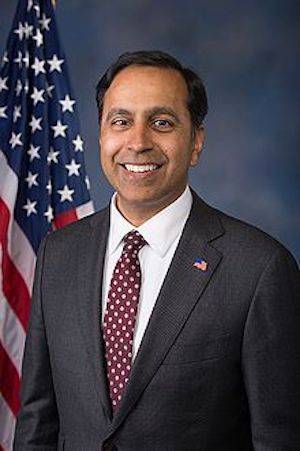
New Delhi (TIP)- Leaders like Netaji Subhas Chandra Bose are “immortal” and do not need bestowing of a recognition through a judicial diktat, the Supreme Court said on Friday, January 5, refusing to entertain a public interest litigation (PIL) that sought a directive to declare Bose a “son of the nation” and an apology from the Congress for allegedly belittling his role in India’s freedom struggle and not revealing the truth about his disappearance or death.
According to the top court, judicial orders for a declaration to acknowledge Bose’s role in the country’s freedom struggle would be improper, for it may not be compatible with the stature of a leader like him to need a word of recognition from a court of law.
“Who does not know a leader like Netaji? Everyone in the country knows him and his contribution. You don’t need a declaration from the court of his greatness. Leaders like him are immortal,” said a bench of justices Surya Kant and KV Viswanathan.
The court was hearing a PIL by Cuttack-based Pinak Pani Mohanty, who sought a declaration from the court that independence from British rule was attained by Bose-led Indian National Army (Azad Hind Fauz). Mohanty’s petition questioned the Congress’s role in recognising Bose’s contribution, adding the political party chose to keep the files on Bose’s disappearance/death under wraps.
The PIL demanded that the Union government should declare Bose’s birthday on January 23 as a “national day” and the leader as a “son of the nation”.
The bench, during the hearing, told Mohanty that iconic freedom fighters like Bose did not have to wait for an order of a court to the authorities for a commendation of their role. “Leaders like him are in fact beyond the grant of recognition by any court. They are great people and not just us, the entire county owes to leaders like him,” said justice Kant, speaking in Hindi.
While Mohanty said that the court should issue notice to the government to grant recognition due to Bose, the bench responded that the declarations that the petitioner wanted were in the realm of policy decisions. “Besides, even the family may not take it as a matter of pride that a court had to intervene,” it added.
The bench also referred to the Supreme Court’s order in 1997 when a controversy over awarding Bharat Ratna “posthumously” to Bose had reached the top court. The petitioner in the case, Bijan Ghosh, had taken strong exception to the use of the word “posthumously” in the 1992 press communique intending to confer the highest civilian award on Bose, arguing the Government of India was yet to officially accept the alleged report of Bose’s death in an air-crash in Taiwan in August 1945. At the time, the family members of Bose had also conveyed to the government their unhappiness at the announcement and expressed their unwillingness to accept such an award.
In its judgment in 1997, the court took on record the Centre’s statement that in deference to the sentiments expressed by the public and by the members of the family of Bose, the government did not proceed further to confer the award and wrapped up the petition. The court had further refused to go into the issue as to whether there was enough material to conclude that Bose died either in the 1945 air-crash or at any time thereafter.





Be the first to comment